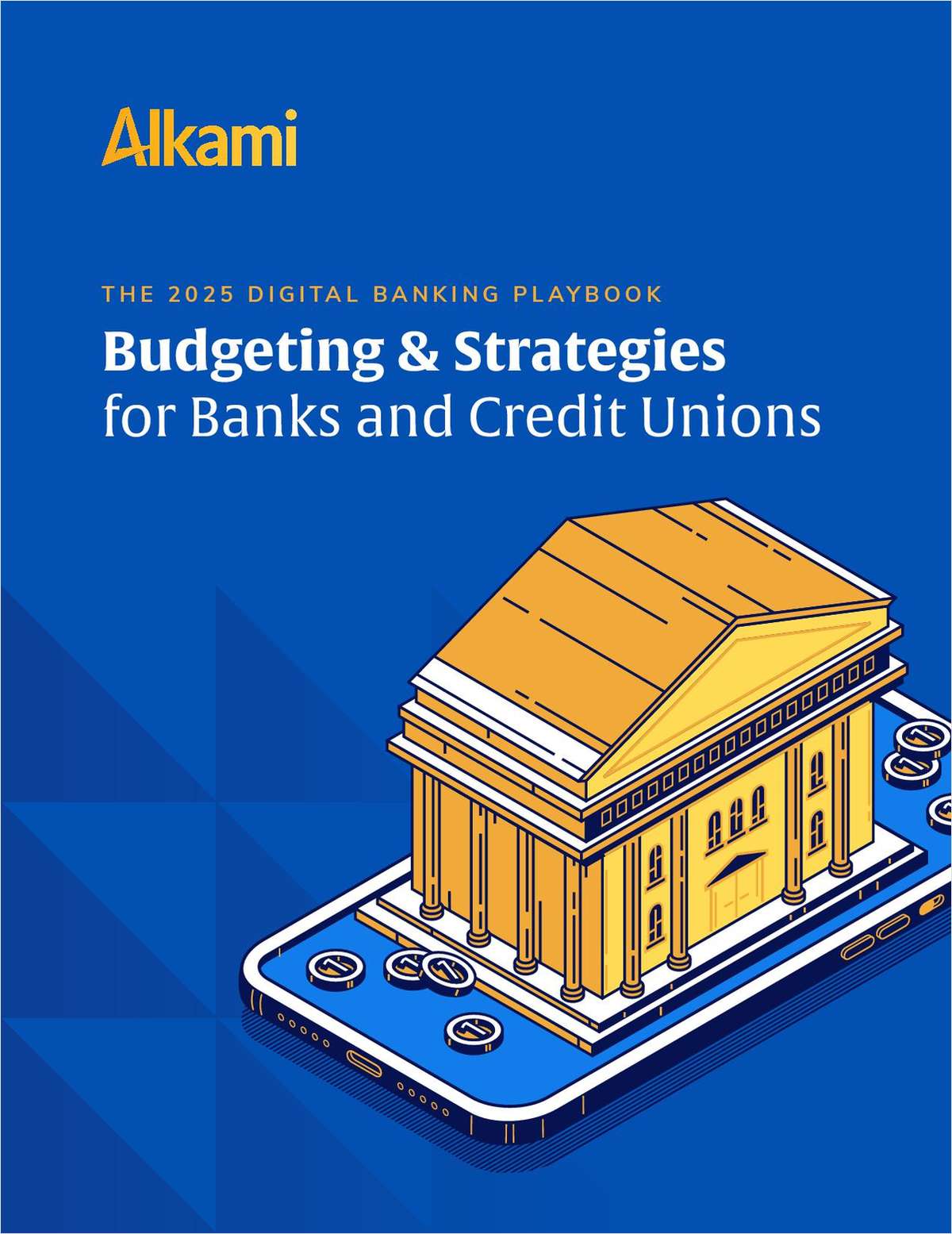ANKENY, Iowa - Dennis Skelton was literally thrust into the throes of the Iowa Caucuses when voters at his precinct elected him chairman to oversee the delegate nominations that cool Jan. 19 evening. Skelton, president/CEO of $90 million Deere Community Credit Union showed up at the Ankeny precinct to cast his vote for North Carolina Senator John Edwards, not expecting to be elected chairman to oversee the crucial delegate selections. "Someone nominated me, I got the most yays," Skelton recalled, much to his surprise. For the next two hours, Skelton had the key job of breaking up the 115 voters there into groups for four of the Democratic candidates running for president: former Vermont Gov. Howard Dean, Missouri Rep. Richard Gephardt, North Carolina Senator John Edwards, and Massachusetts Sen. John Kerry. Skelton said there was no show of support for the other Democratic candidates. Democratic candidates must receive at least 15% of the votes in each precinct to move on to the Polk County Democratic convention on March 13. If a candidate receives less than 15% of the votes, the caucus cannot end until those voters change their vote to one of the predominant candidates, according to the 2004 Iowa Caucus Project. Presidential preference on the Republican side is done with a straw vote of those attending the caucus. The evening was tripped up a bit as Skelton scanned the room and became concerned that Ohio Rep. Dennis Kucinich only had five persons in its group. Voters in other groups were allowed to convince Kucinich supporters to consider shifting their allegiance towards Dean, Gephardt, Edwards or Kerry. Skelton asked whether his role as chairman of the Ankeny caucus excluded him from convincing others to swing their votes to Edwards, his candidate of choice. When given the green light, "I did my share of talking to convince them Edwards would be the right person for president," he said. In the end, Edwards had 39 votes, Kerry, 36, Dean, 18 and Gephardt, 19. Three were undecided. Edwards and Kerry received two delegates and Dean and Gephardt had one. More than 122,000 voters across Iowa participated in the caucus, which got its start in 1972 and is considered a strong barometer of who will ultimately move on to run for president. Another pivotal highlight of the evening came when voters were allowed to pitch specific resolutions for possible inclusion on the Democratic Party's national platform. Skelton chose a proposal close to his experience: keeping credit unions as non-profit entities and ensuring that bankers would back off their perennial attacks on the tax-exemption status. While some here knew Skelton was the head of a credit union, (his wife actually introduced the resolution) he took the time to explain "the credit union difference," including its member as owners philosophy, banking groups attempt to restrict field of membership and the passage of H.R. 1151. The eclectic mix of retirees, middle-aged workers, including 35 first-time caucus attendees and surprisingly, a number of young students, received a crash course in credit union 101, Skelton said. Still, he started off with "if there are any bankers here tonight, I told them I didn't want to offend them." The majority of voters favored his resolution, Skelton said. Of the eight resolutions pitched, ranging from mandatory sentence requirements to more education funding, Skelton's choice and a national health care proposal were selected. Whether they move on for consideration at Polk County's Democratic convention depends on if other precincts voiced similar resolutions, he said. In the state that saw heated battles in 2003 over banking groups' attempts to place an income tax on Iowa's six largest credit unions, Skelton is confident the resolution might have legs. "I can see it going forward," Skelton said. "We're always being encouraged to become more politically involved, have our voices be heard," Skelton said. "This was one way to do it." While delegates are the only ones allowed to vote at the county convention, Skelton will attend and is considering shoring up support for his resolution to a larger audience. "I have to admit, I was a little nervous about the meeting," he said. "Once things got going, here I was, making a difference in the political process. It felt good." Kerry would come from behind to win Iowa, with Edwards placing second and Dean and Gephardt placing third and fourth, respectively. Gephardt withdrew from the race on Jan. 20. The New Hampshire Presidential Primary will take place on Jan. 27. [email protected]
Complete your profile to continue reading and get FREE access to CUTimes.com, part of your ALM digital membership.
Your access to unlimited CUTimes.com content isn’t changing.
Once you are an ALM digital member, you’ll receive:
- Breaking credit union news and analysis, on-site and via our newsletters and custom alerts
- Weekly Shared Accounts podcast featuring exclusive interviews with industry leaders
- Educational webcasts, white papers, and ebooks from industry thought leaders
- Critical coverage of the commercial real estate and financial advisory markets on our other ALM sites, GlobeSt.com and ThinkAdvisor.com
Already have an account? Sign In Now
© 2025 ALM Global, LLC, All Rights Reserved. Request academic re-use from www.copyright.com. All other uses, submit a request to [email protected]. For more information visit Asset & Logo Licensing.









